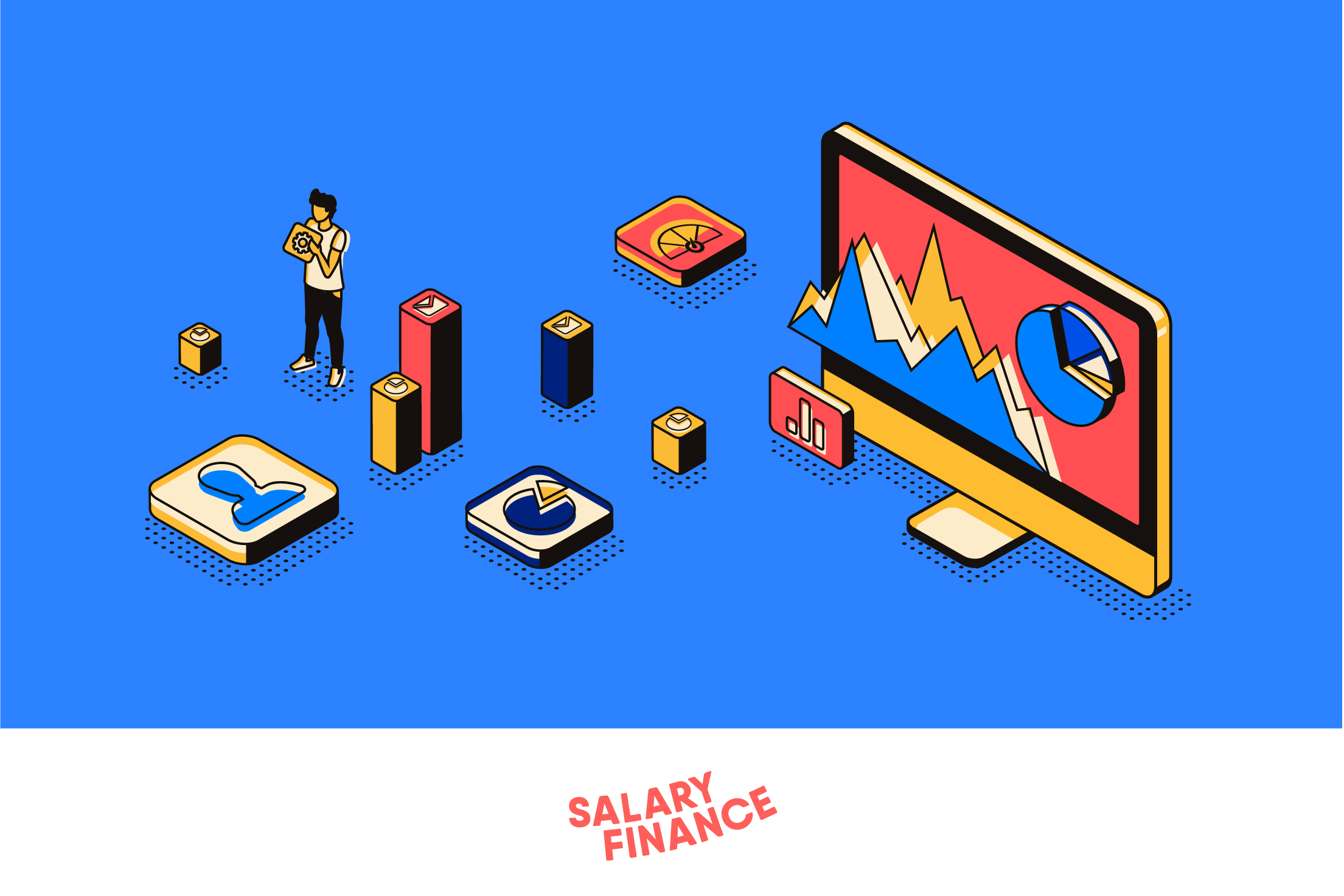
Your credit score is an important part of your financial health. If your credit history is not where you want it to be, you’re not alone, and while improving your score takes time, your future self will thank you.
Here are some steps you can take to improve your credit score:
1. Check your credit reports
You may find it surprising to learn that you don’t have just one credit score. While you can’t control which credit score a lender will use to assess your application, you can view your credit reports to understand your credit health and identify potential fraud or errors.
You can check your credit reports from Equifax, Experian, and TransUnion for free at AnnualCreditReport.com once a year, and federal law lets you dispute any mistakes with the appropriate credit reporting agency.
2. Pay your bills on time, every time
Your payment history is one of the most important factors in determining your credit score, so one of the best ways you can positively influence your score is to pay all bills on time or early each month. Late payments, or settling an account for less than what you originally agreed to pay, will negatively impact your scores.
Consider setting up automatic payments or calendar reminders to ensure you are making payments on time, and not just on credit cards and loans: late payments on student debt, utility bills, rent, phone bills, and even tolls can all negatively affect your credit score. At Salary Finance, we take repayments on payday so you have peace of mind that you won’t miss a payment.
3. Pay off debt and keep an eye on your credit utilization rate
Credit utilization ratio (essentially how much you owe on credit lines, divided by your credit limit) is another very important part of your credit score. A general rule of thumb for healthy credit score is to keep your credit utilization ratio at or below 30% - this gives lenders confidence that you haven’t maxed out your credit cards, and that you most likely know how to manage credit well.
If you have existing debt, focus on creating a realistic debt payoff plan and limit additional card usage wherever possible. If at all possible, find it in your budget to make at least the minimum payment each month to avoid further damage to your credit score.
4. Think twice before closing credit cards
Closing a credit card account may increase your credit utilization ratio if you end up owing the same amount but on fewer accounts. Because of this, you should consider keeping your account open, even if your use is limited, as long as they are not costing you extra in annual fees.
5. Be mindful when applying for new credit accounts
While having a mix of credit types is a factor in your credit score, it doesn’t always make sense to apply for new accounts. If you don’t need additional credit, applying for it in an attempt to improve your score could lead to the opposite due to additional hard inquiries or tempting you to overspend and get into more debt.
Keep in mind:
- Most negative marks on your credit score - such as missed payments and collections - can stay on your credit report for up to seven years. While negative marks can seriously lower your score, the good news is that their impact diminishes over time.
- If you have a limited credit history, you may have no score at all. If you check your score and realize you fall into this category, read our post on how to establish credit.






